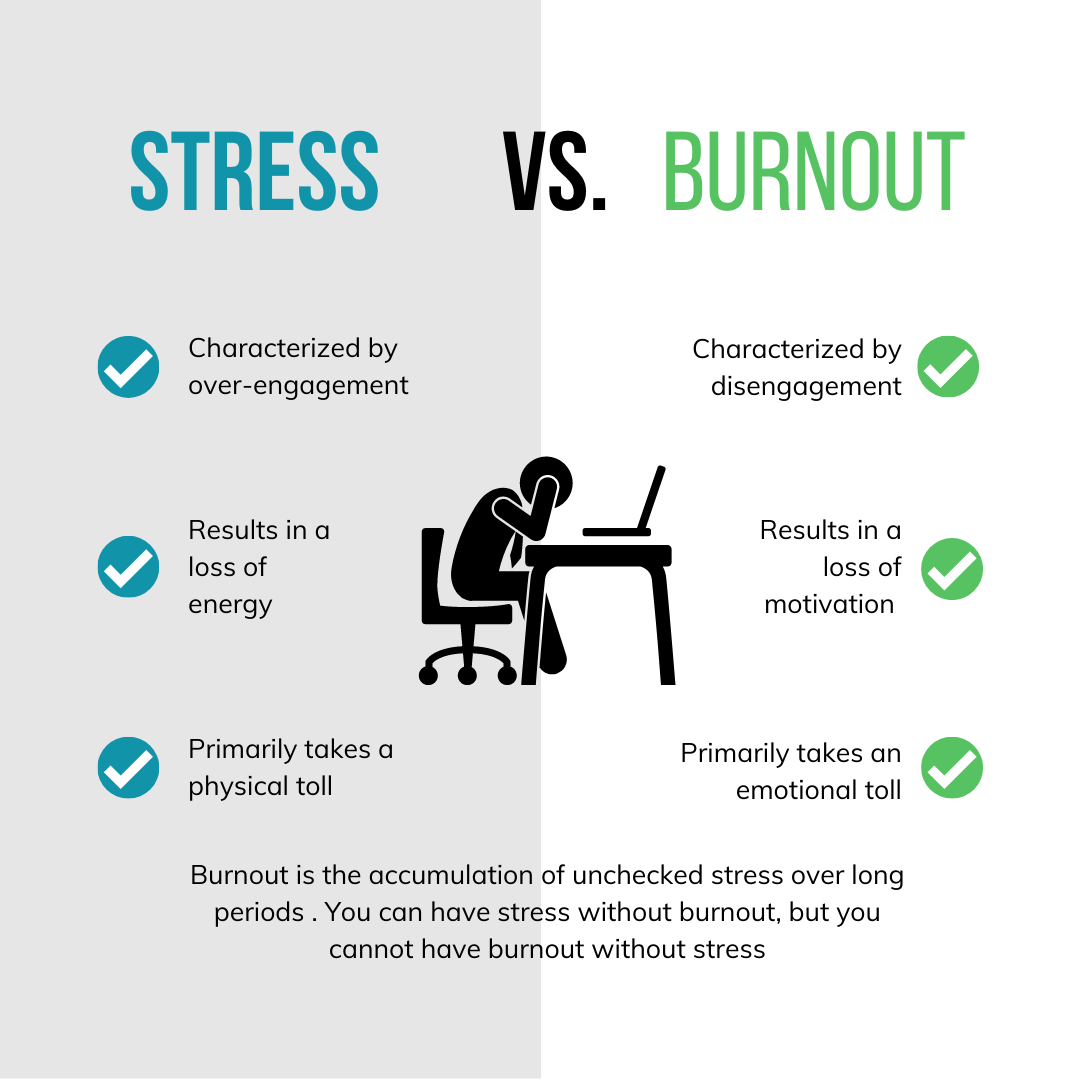
Harvard University researchers have discovered that people pleasers have a probability of burning out.
The price of being a people-pleaser can be steep — especially for your mental health. CNBC reports T three signs of concern.
- Saying “yes” to every request for help, even if it interrupts your own work
- Disregarding your feelings when something is done or said that upsets you because you fear potential conflict
- Agreeing to unrealistic assignment deadlines
Instead, make sure you’re showing signs of being emotionally secure, according to a Harvard University-trained psychologist.
But takes a lot of work to get there. If you use any of these nine phrases, you’re more emotionally secure than most people:
“Let me think about that before I respond.”
One of the most noticeable characteristics of emotionally secure people is that they articulate themselves well. They choose their responses carefully and aren’t impulsive in their reactions.
Also:
- “I’m frustrated and need some time to myself. I don’t want to say something I might regret.”
- “I don’t have an answer now. Can we revisit it tomorrow?”
“No.”
Emotionally secure people feel comfortable setting boundaries. They are clear about what they will and will not do based on their own moral principles, needs, and desires.
Also:
- “I’m sorry, but I can’t help with that because I have too many other commitments.”
- “Thank you for the offer, but that’s not something I enjoy doing.”
“I’m not comfortable with that.”
They always communicate their needs in a respectful way. This means they state how they feel when someone treats them poorly. If they feel their boundaries are being violated, they’ll take action to make changes.
Also:
- “When you say things like that, I feel hurt and angry.”
- “If you treat me like this, I’m going to step away because it’s not healthy for me.”
“This is who I am, and I’m proud of it.”
They are consistent in how they operate in the world. This makes being around them predictable and safe because friends and loved ones know that they are who they say they are.
Also:
- “What you see is what you get.”
- “You may not like this about me, but I am okay with it.”
“Am I like that?”
Emotionally secure people are able to consider criticism without lashing out. If they receive negative feedback, they don’t take it personally. Instead, they see it as an opportunity for self-improvement.
Also:
- “I didn’t realize I do that often. Thanks for pointing it out.”
- “Wow, I guess I really do say that phrase a lot.”
“I will work on that.”
In meaningful relationships, emotionally secure people will make an effort to change when necessary. They know that taking action is key to personal growth and strengthening connections.
Also:
- “I hear that this is important to you, so I’ll work on being more compassionate when I talk to you.”
- “I’m not very good at being patient. I’m going to practice being less pushy.”
“I’m sorry you’re struggling. How can I help?”
Their empathic and non-judgmental nature in relationships makes them great at being supportive. They also understand that if someone is having a bad day, it isn’t a reflection on them.
Also:
- “You look upset, and I’d like to help.”
- “I see that this is hard for you, but you have my support.”
“This matters to me.”
Having a solid belief system is key to being emotionally secure because it guides our choices. When a value is violated, emotionally secure people are able to take a stance for what they believe is moral and fair.
Also:
- “I really care about this, even if you don’t.”
- “I don’t think you’re acting in an ethical way, and I can’t watch it happen without saying so”
“I will try!”
Emotionally secure people have cultivated a sense of inner safety that tells them they will be okay, even if a new effort fails. This allows them to experiment with new things, such as hobbies, friendships, travels, and even personal coping strategies.
Also:
- “I’ll try that next time.”
- “I may not be good at this, but I’m willing to give it a shot!”